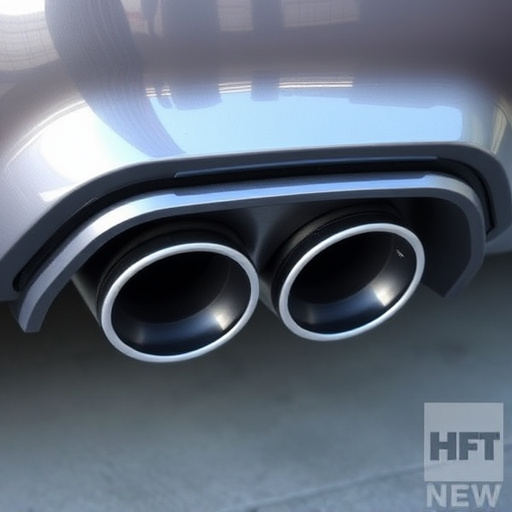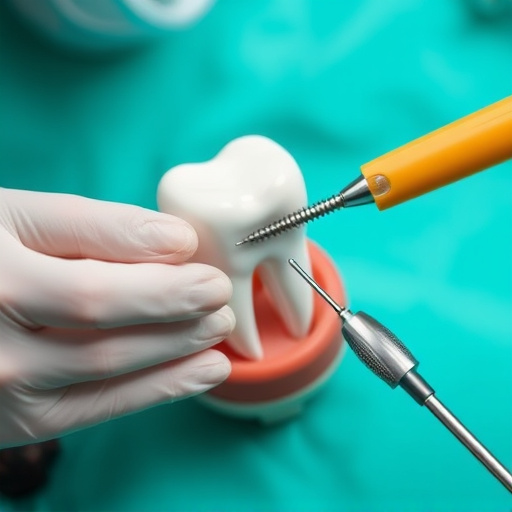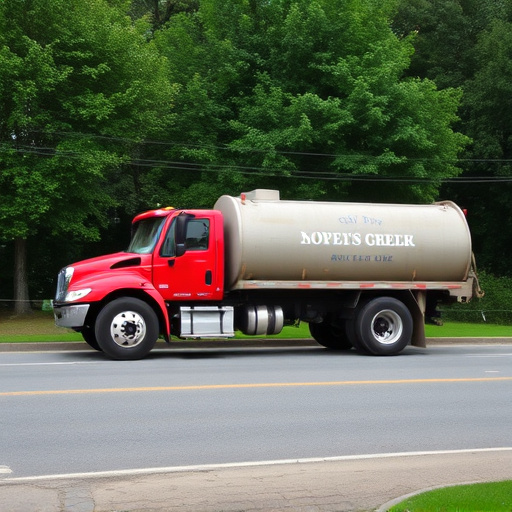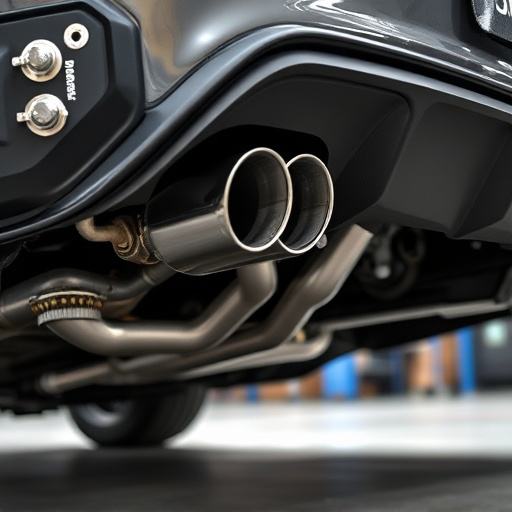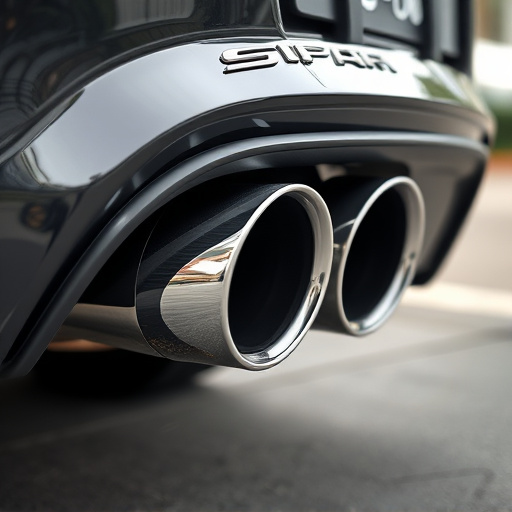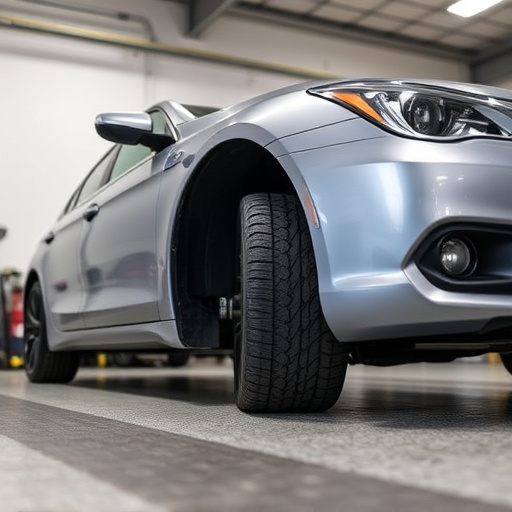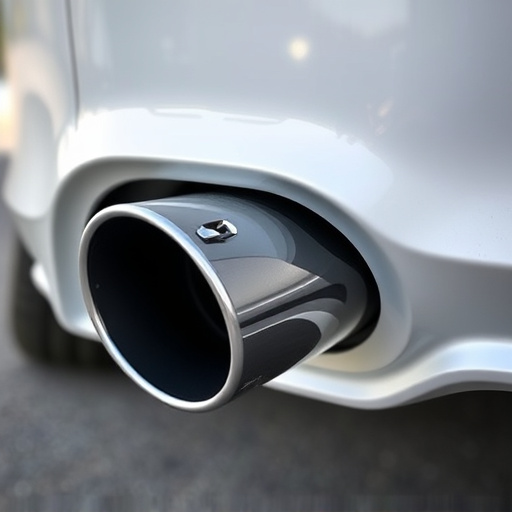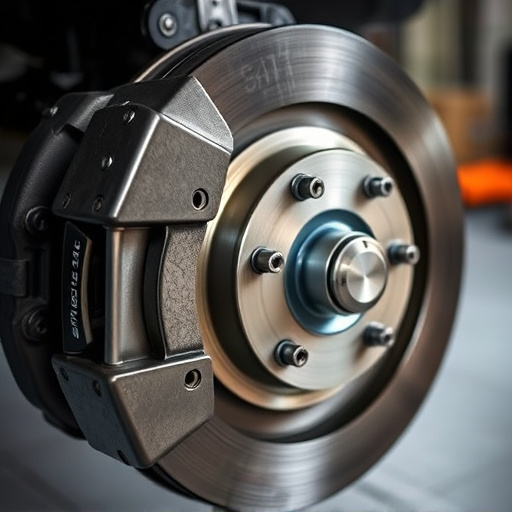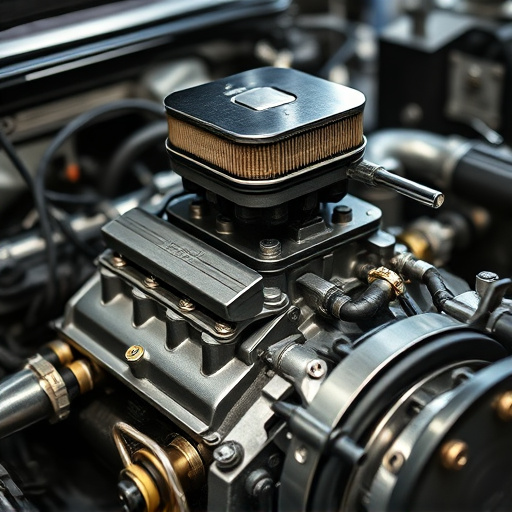Car suspension system noises signal structural issues, caused by worn parts like bushings, ball joints, control arms, and shock absorbers. Regular maintenance checks are vital to identify and fix problems early, ensuring a smoother ride and safer driving. Inspect components for damage or wear, address loose connections, and consider upgrades or modifications to reduce noise, enhancing overall vehicle performance and comfort.
Unwanted noise from your car’s suspension can ruin a smooth ride and even indicate underlying issues. This comprehensive guide tackles the mysterious hums, clanks, and thumps that emanate from your vehicle’s undercarriage. We demystify common causes, from worn bushings to damaged control arms, helping you navigate through diagnosis and effective solutions for a quieter, safer driving experience. By understanding your car suspension system, you’ll be equipped to address noise concerns promptly, ensuring a seamless journey ahead.
- Understanding Car Suspension System Noise Causes
- Diagnosing Common Suspension Noise Issues
- Effective Solutions for Quieting Your Ride's Suspension
Understanding Car Suspension System Noise Causes
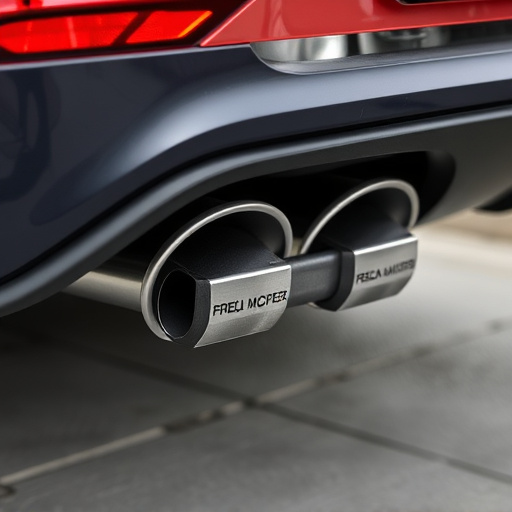
Car suspension system noise can be a nuisance and often signals an underlying issue within your vehicle’s structure. Understanding the causes is the first step in addressing and fixing the problem. Noise from the car suspension system typically arises from several factors related to its various components, including bushings, ball joints, control arms, and shock absorbers. Worn-out or damaged suspension components can lead to creaking, popping, or clunking sounds, especially when navigating over bumps or turning corners.
One common cause of noise in air intake systems is the accumulation of debris or loose parts within the system. Similarly, brake pads that are excessively worn or misaligned can also contribute to suspension system noises, particularly when braking. These issues highlight the interconnectedness of different automotive systems and the importance of regular maintenance checks to identify and rectify problems early on, ensuring a smoother and safer driving experience.
Diagnosing Common Suspension Noise Issues
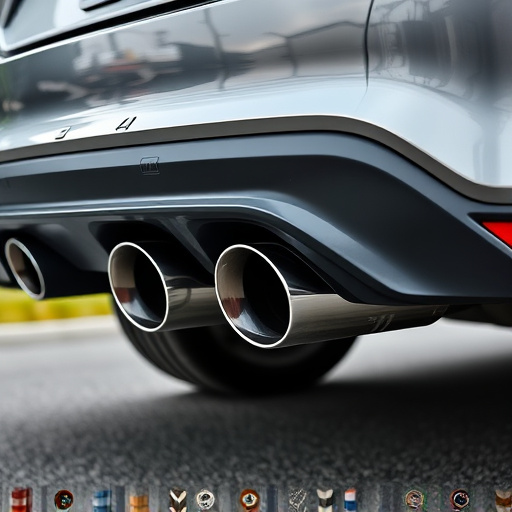
Diagnosing common suspension noise issues is a crucial step in maintaining optimal vehicle performance and ensuring a smooth ride. If your car suspension system is emitting unusual sounds, it’s important to identify the source as early as possible. Start by inspecting the parts that are most susceptible to wear and tear, such as shock absorbers, struts, and control arms. These components can develop cracks, become damaged due to impact, or lose their effectiveness over time, leading to clunking, popping, or rattling noises.
Check for loose connections, worn-out bushings, or damaged ball joints, which may cause squealing, grinding, or clicking sounds. Additionally, examining the brake pads and rotors can reveal noise issues related to braking. If the noise occurs during braking, it might indicate warped rotors or worn-out brake pads, requiring immediate attention for safety and vehicle performance considerations. Regular maintenance checks can help identify these problems early, allowing for timely repairs before they escalate.
Effective Solutions for Quieting Your Ride's Suspension
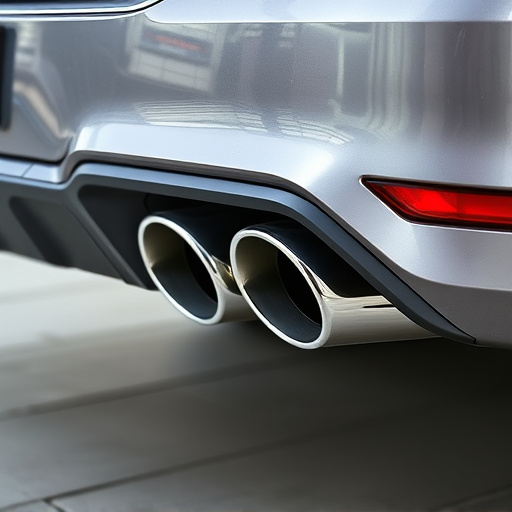
For many car owners, an unsettling ride can often be attributed to issues with their vehicle’s suspension system. Noise emanating from shocks, struts, or control arms can be both distracting and uncomfortable. Fortunately, there are several effective solutions to quiet your ride’s suspension and enhance overall driving experience.
One of the most common culprits is worn-out or damaged components. Regular inspection and replacement of these parts can significantly reduce noise levels. Upgrading to high-quality shock absorbers or struts designed for better sound dampening is a smart investment. Additionally, considering modifications like installing performance exhaust systems or cold air intakes might seem counterintuitive, but their impact on engine noise can indirectly improve suspension serenity by minimizing vibrations that can travel through the vehicle’s structure.
Car suspension system noise can significantly impact your driving experience and vehicle performance. By understanding common causes, such as worn-out components, misaligned wheels, or damaged shocks, you can effectively diagnose and address these issues. Implementing solutions like regular maintenance checks, replacing faulty parts, and fine-tuning wheel alignment can greatly reduce unwanted sounds, ensuring a smoother and quieter ride for your car suspension system.



